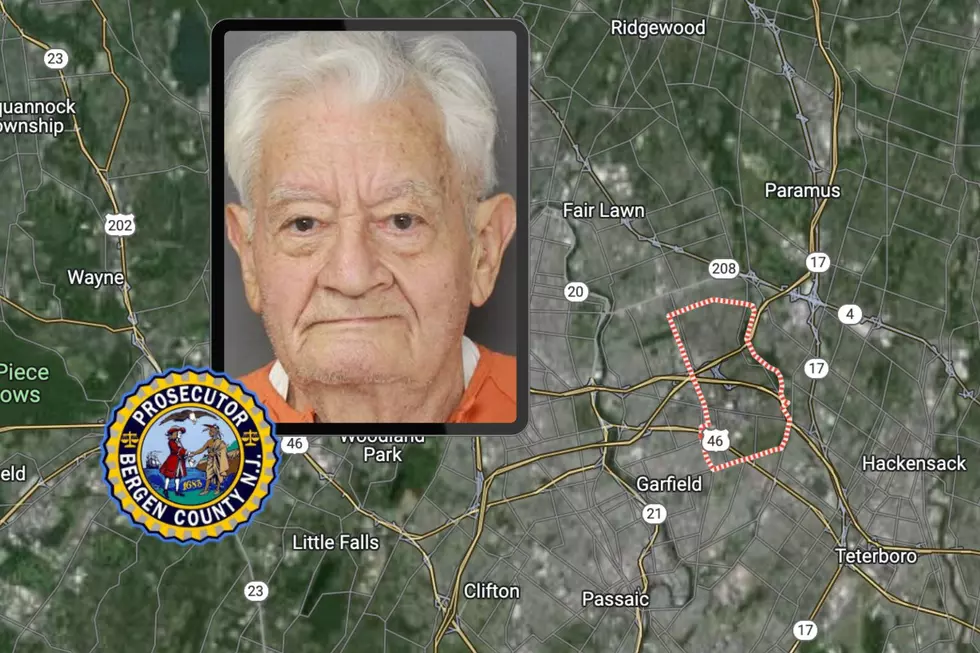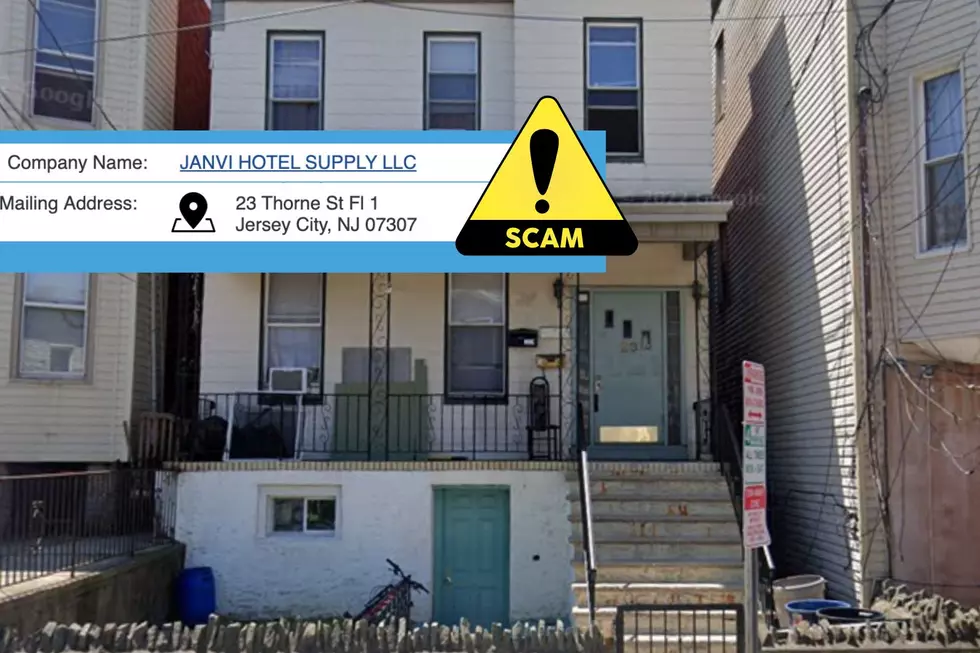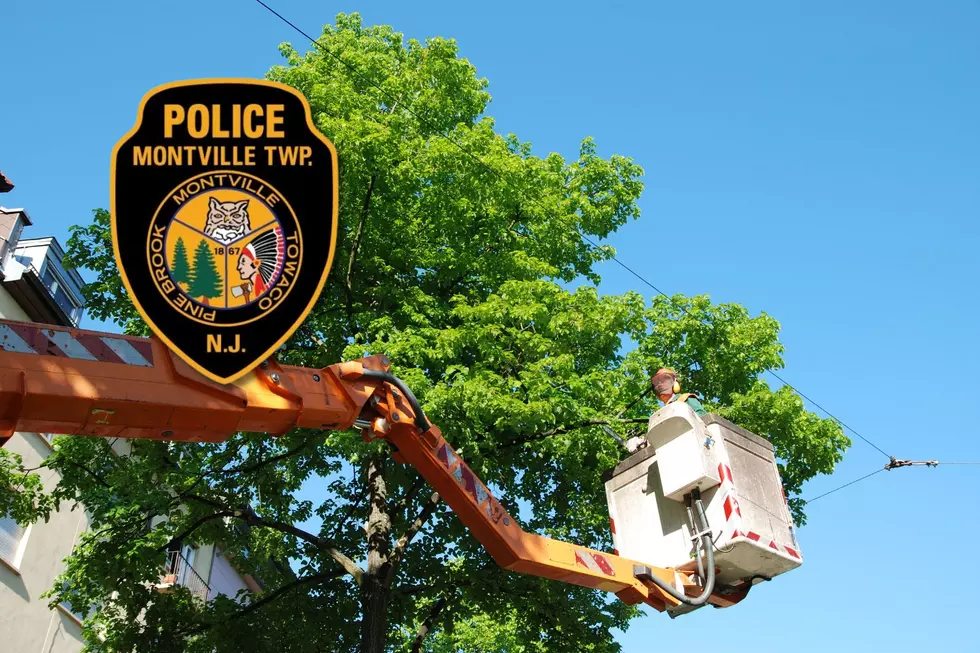
FBI says ‘swatting’ cases in NJ getting more complex after sheriff targeted
Swatting — the practice in which an anonymous caller phones in a phony bomb or weapons threat or hostage situation at a school, business or home — is a problem that won’t go away in New Jersey.
The criminal pranksters — who are causing panic and costing police tens of thousands of dollars every time authorities deploy a SWAT team — in recent weeks have targeted a number of schools in Bergen and Passaic counties, as well as the Bergen County sheriff at his home.
According to Phil Frigm, a supervisory special agent for the FBI in Newark, swatting is not a new problem but it’s getting more complex.
“I can recall when I was a kid getting out of school for an afternoon, sitting on the playground because of bomb threats that came in. But what we’re now seeing is a single caller or group of callers can create a lot more mayhem by using technology to mask their identity as well as to call a larger section of people,” he said.
Frigm pointed out local swatting cases “are actually some of the easier cases to work and to potentially solve because typically there is a local connection to that swatting.
"But what we find more difficult are the ones that we can’t find a real, concrete motive to. It’s simply someone who’s doing this for some reason that we have a difficulty quantifying.”
Tougher penalties in N.J.
New Jersey toughened penalties for swatting at the end of last year. Legislation sponsored by Assemblyman Paul Moriarty, D-Gloucester, and signed by the Gov. Chris Christie, upgraded making a false public alarm from a third to a second degree crime in situations where there is a report or warning of an impending bombing, a hostage situation, or a person armed with a deadly weapon. Those convicted of swatting may now face five to 10 years in prison and be required to pay restitution for whatever costs were incurred by law enforcement.
Ironically, Moriarty himself was swatted last year. He was at home in Washington Township watching television when police called and asked if everything was okay.
When Moriarty asked why, he was told a shooting had been reported at his home.
Seconds later, he walked outside and found himself surrounded by several police officers carrying guns and wearing flak jackets. At that point Moriarty, who was still on the phone with a police dispatcher, said “I think I’ve just been swatted.”
Frigm also pointed out the FBI has seen an increase in the number of swatting situations “where the caller is using what we refer to as automated voice, or some kind of text-to speech technology, so that the voice that is hear on the call is that of a computer.”
The North Jersey bomb threats, authorities have said, have used robotic voices.
He said “that makes it difficult because you can’t obviously do any kind of voice analysis on it."
"We’re now starting to see callers getting a little bit more savvy. We see our swatters don’t make swatter calls within their own state, which makes it difficult to prosecute them if they’re under the age of 18.”
He explained states don’t necessarily have the authority to go to another state to arrest somebody. There are extradition processes, “but if it’s outside their state or outside the country, which is also an issue, that makes it difficult for local prosecutions to take place. There are jurisdictional issues.”
He stressed “the (tougher) New Jersey law is a good step. I know there are other states looking at toughening up their laws, and a federal law has been proposed but has not been acted on yet.”
'Swatting-for-hire'
The FBI is now starting to see swatting-for-hire cases.
Frigm said swatting-for-hire plots have included cases where “individuals who are upset about losing a (vide) game or have a rival on a gaming system, [...]take revenge or to take their opponent out of the picture, as it were," by resorting to swatting.
The service is advertised through online forums and websites, Frigm said.
“We’ve seen situations where they teach each other how to do this and suggest things like don’t swat in your own state because it makes it harder for you to be apprehended.”
So why do people make swatting calls?
“I’ve been working in the FBI for 11 years and I’ve ceased wondering about why people do the things they do," Frigm said.
"It just doesn’t make sense to me. A lot of these people are doing it for what they refer to as the LOLs, the joke, the sheer — for them — comedy. I don’t get it; it’s not a joke to me.”
He explained the FBI typically does not get involved in swatting cases, because they are handled by local authorities, but in some cases they will join in on an investigation for particularly persistent or large-scale threats that tend to cross multiple borders.
“We have started to collect information on hoax calls. We’re encouraging prosecutor’s offices to report these situations for collection of intelligence purposes to determine what the nature of the threat is,” he said.
He said if someone is the victim of swatting, “try to collect as much information as possible about the call, the caller ID, the nature of the call, everything they can find and share it with law enforcement as quickly as possible.”
More From New Jersey 101.5 FM









